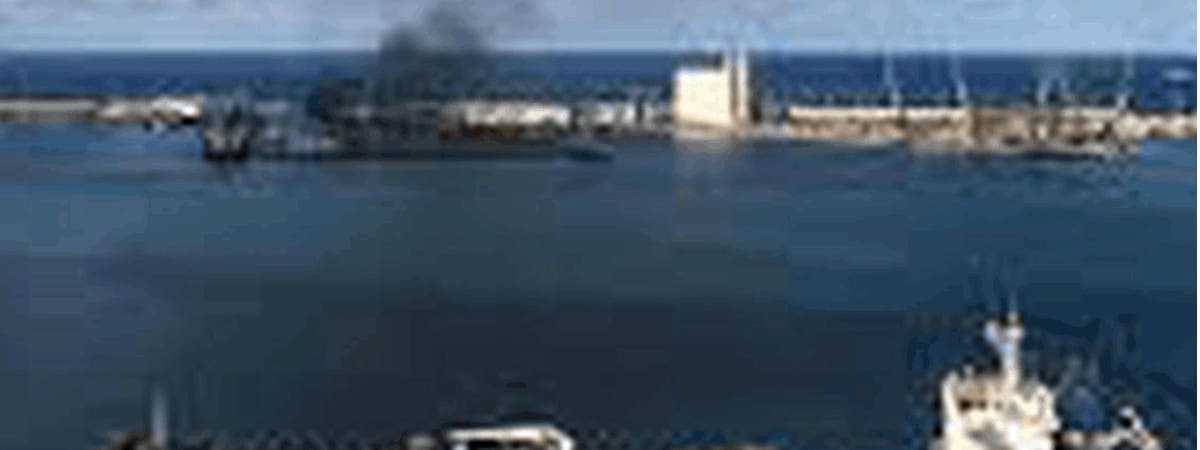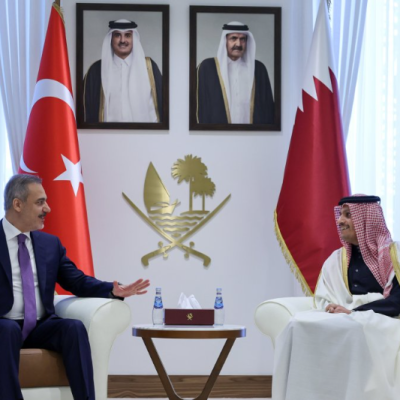Libya’s Government of National Accord announces termination of membership in Geneva Military Committee

The Government of National Accord (GNA), Faiza Sarajah, announced Tuesday evening that he would cease participation in the military committee in Geneva in connection with the shelling of the port of Tripoli by the Libyan National Army (LNA). This is stated in a statement led by Saraj the presidential council.
“Without a permanent ceasefire guaranteeing the return of displaced people and ensuring the safety of the capital and other cities, there can be no talk of negotiations,” the communique posted on the GNA Facebook page says. “There is no place for shelling in the world.”
On Tuesday, Switzerland launched the second round of Libyan Joint Military Committee (“5 + 5”) meetings aimed at achieving a long-term ceasefire. The first round of negotiations on military issues was held in Geneva on February 3-8. The Libyan Military Committee includes five representatives from each of the parties to the conflict. The mediator in the negotiations is the UN Special Representative for Libya, Hasan Salam.
On Tuesday, the LNA inflicted several attacks on the port of Tripoli. According to her spokesman Khalid al-Mahjub, forces under the command of Field Marshal Khalifa Haftar destroyed a Turkish ship loaded with weapons and ammunition for armed groups, which arrived in violation of the international embargo. Meanwhile, the official representative of the President of Turkey, Ibrahim Kalyn, said that the ship was not injured during the shelling. A later statement issued by the LNA High Command indicates that it is “complying with a ceasefire agreement in Libya, and strikes are carried out at warehouses with weapons and ammunition in the port of Tripoli in order to weaken the fighting power of the mercenaries.”
According to the Libyan Ministry of Health, as a result of shelling of the port, three were killed and five civilians were injured.
After the incident, the National Oil Corporation (NOC) of Libya ordered to take oil vessels to a safe distance from the port and to cancel all operations on the shipment of raw materials in order to avoid a possible humanitarian and environmental catastrophe, which could be caused by explosions of liquefied gas tankers.




